Rally to celebrate the victory on April 30, 1975 in Tay Ninh . Photo: Archive
Every year, on the occasion of the anniversary of the liberation of the South and reunification of the country (April 30), when most of the people are joyfully celebrating the day of national reunion, somewhere there are still out of place arguments, claiming that the Vietnam War was a fratricidal "civil war" between the North and the South, "the victory of April 30 is a stain of the civil war in the history of the nation".
These are distorted and blind arguments, regardless of historical truth: The April 30 victory was a great feat of the Vietnamese people against the invading American imperialists, regaining independence and freedom for the entire nation.
How did the US wage a war of aggression in Vietnam?
After the Dien Bien Phu victory that "resounded throughout the five continents and shook the world", Vietnam forced the French Government and the warring parties to sit at the negotiating table and sign the Geneva Agreement to cease hostilities in Vietnam, Laos, and Cambodia on July 21, 1954, contributing to ending the French colonial war of aggression in Vietnam.
Although present at the conference, the US did not sign the Geneva Agreement, which was part of the US's plan and intention to invade Vietnam. And historical facts have proven this through the US gradually pushing France out of Vietnam, forcing France to sign a treaty handing over administrative power in the South to Ngo Dinh Diem, abandoning its responsibility to implement the Geneva Agreement on restoring peace in Vietnam and Indochina.
Through “systematic intervention”, through the puppet regime, for 21 years, the US applied aggressive war strategies to Vietnam: from “Unilateral War”, “Special War” strategy (from 1961 to mid-1965), “Local War” strategy and the first air and naval sabotage in the North (from mid-1965 to the end of 1968), to the “Vietnamization of the war” strategy , the second air and naval sabotage in the North (from 1969 to 1973).
To implement strategies, The US mobilized 6.6 million US soldiers and 72,600 vassal troops to fight in Vietnam. During those 21 years, the number of bombs and ammunition used by the US military in the Vietnam War was about 15.35 million tons, of which the number of bombs dropped by US planes on Vietnam alone was 7.85 million tons, equivalent to the destructive power of 250 atomic bombs dropped by the US on Hiroshima (Japan), 3 times the number of bombs used in World War II, on average each Vietnamese person at that time had to endure about 250 kg of bombs dropped by US planes; about 75 million liters of dioxin were sprayed across South Vietnam.
Only after the failure of the 12-day and night carpet bombing campaign in the sky of Hanoi (from December 18 to 30, 1972), did the US give up its intention to directly invade Vietnam. On January 27, 1973, in Paris, the US signed the " Agreement on Ending the War and Restoring Peace in Vietnam" with the delegation of the Government of the Democratic Republic of Vietnam, Ho Chi Minh, and related parties. The total cost of the US war of aggression in Vietnam was 686 billion USD.
With all that the US did in Vietnam, it is so clear, obvious, and undeniable that the historical truth is that the US sent troops to invade Vietnam. It is impossible to confuse concepts to call the US War of Aggression in Vietnam a fratricidal "civil war" between the North and the South, as the distorted arguments of reactionary, anti-regime forces that are dissatisfied with the regime often spread.
Insider and academic opinions
Assessing the Vietnam War from 1955 to 1975, most opinions of insiders and researchers see it as a struggle for national liberation by the Vietnamese people against the invading American imperialists and the puppet government established by the US.
Even insiders like Nguyen Van Thieu - the head of the Saigon regime - when he was still in office publicly declared the "ideal" of his government: "As long as the US continues to provide aid, we will continue to fight against communism", "if the US stops providing aid to us, not just one day, one month or one year, but only after 3 hours we will leave the Independence Palace".
Vice President of the Republic of Vietnam Nguyen Cao Ky frankly admitted: “This is an American war. America always stands in the front as the “first actor”, and we are just mercenaries.”
The late Professor Tran Chung Ngoc - a former officer of the Republic of Vietnam (who settled in the US after the event of April 30, 1975) pointed out: "The war before 1954 was a war against the invasion of French colonialists who planned to re-establish their domination over the Vietnamese people, with significant support in terms of military equipment and weapons from the US... The war after Geneva was a war against the invasion of the US, the US invaded because of the wrong Domino theory...".
In the book The Vietnam War and American Culture (published in 1991 in the US), authors John Carlos Rowe and Rick Berg frankly pointed out: “In short, America invaded South Vietnam.”
Scholar John Prados (of the National Security Archive and G. Washington University), in 2009, when publishing the book "History of an unwinnable war 1945 - 1975", admitted: this war, for the Americans, was a mistake and unwinnable.
Professor, Dr. E. Tin-pho, US Air Force Command and Staff Academy commented: "In 1975, the US let a state that was born and nurtured by the US for more than two decades collapse, because the US Vietnam War had failed long ago."
The Vietnamese people's resistance war against the US to save the country lasted 21 years, was a long, arduous, challenging and fierce resistance war with more than 3 million of our compatriots and soldiers falling; thousands of villages and cities were leveled; many consequences of the war still persist, and have not yet been overcome.
The victory of our people in the resistance war against the US to save the country for Vietnam is the greatest achievement of the cause of national liberation, ending more than a century of domination by old and new colonialism in our country; marking a decisive turning point in the history of the nation, bringing our country into the era of independence and freedom, the whole country moving towards socialism.
For the world, it has contributed to strongly promoting the struggle of the world's people for the goals of national independence, peace, democracy and social progress; encouraging and motivating the peoples carrying out the cause of national liberation and fighting against imperialism.
Therefore, anyone who loves peace and has a conscience clearly recognizes that the Vietnam War from 1955 to 1975 was a war of the Vietnamese people against the invading American imperialists and the puppet government established by the US, and was absolutely not a fratricidal "civil war" between the North and the South as the false and distorted arguments of hostile forces.
Hoang Tran
Source


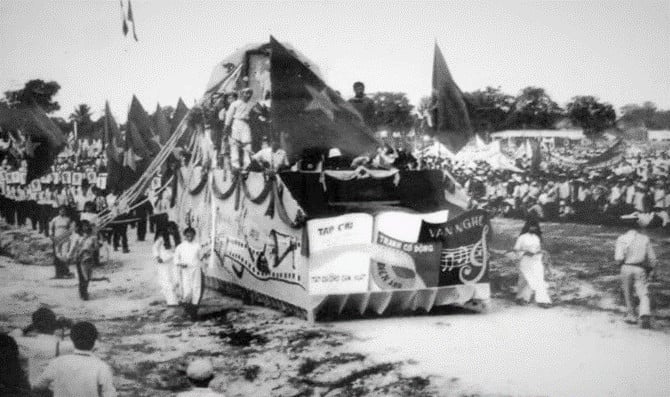
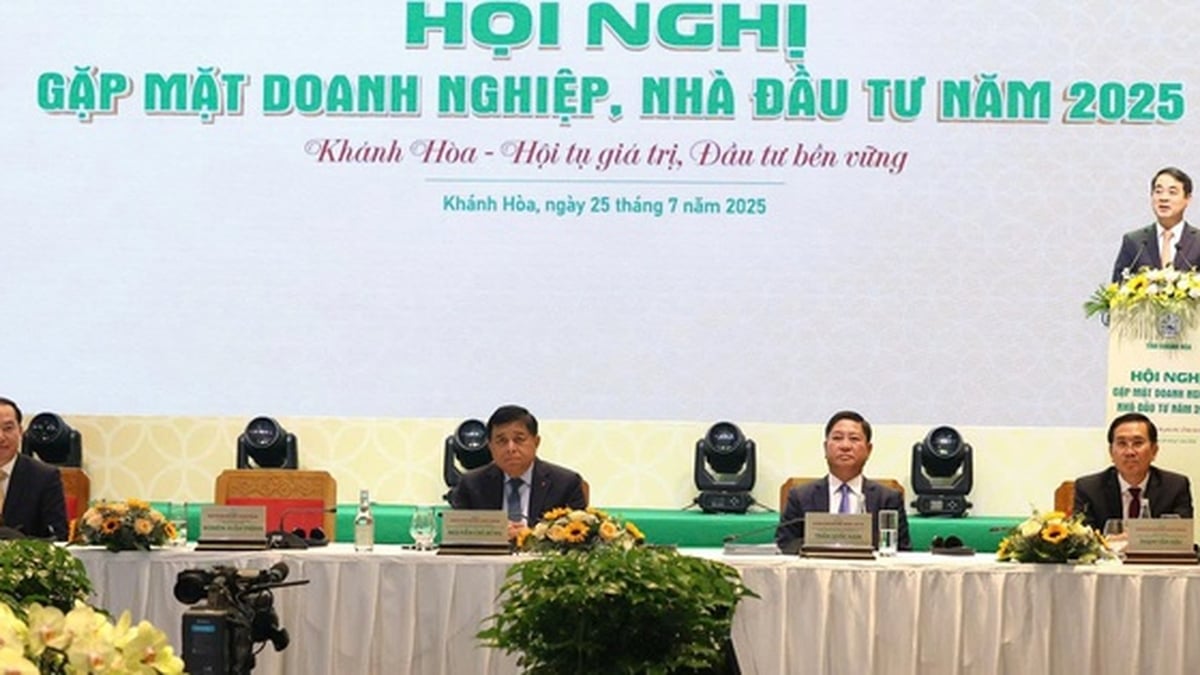




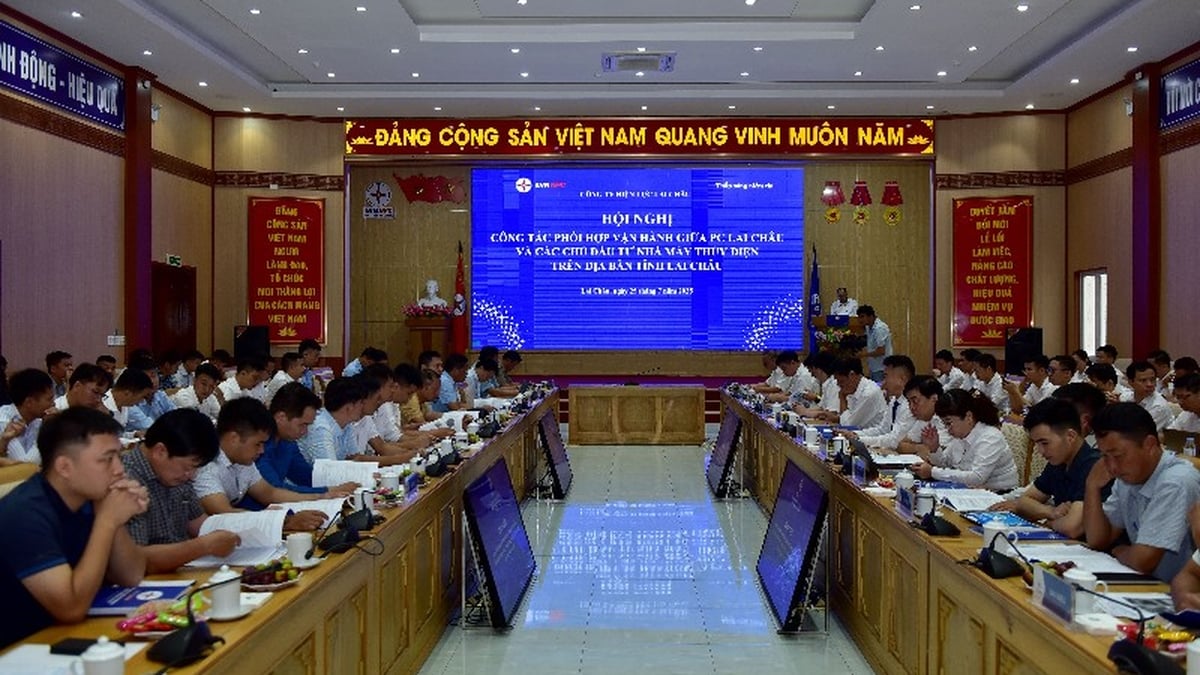
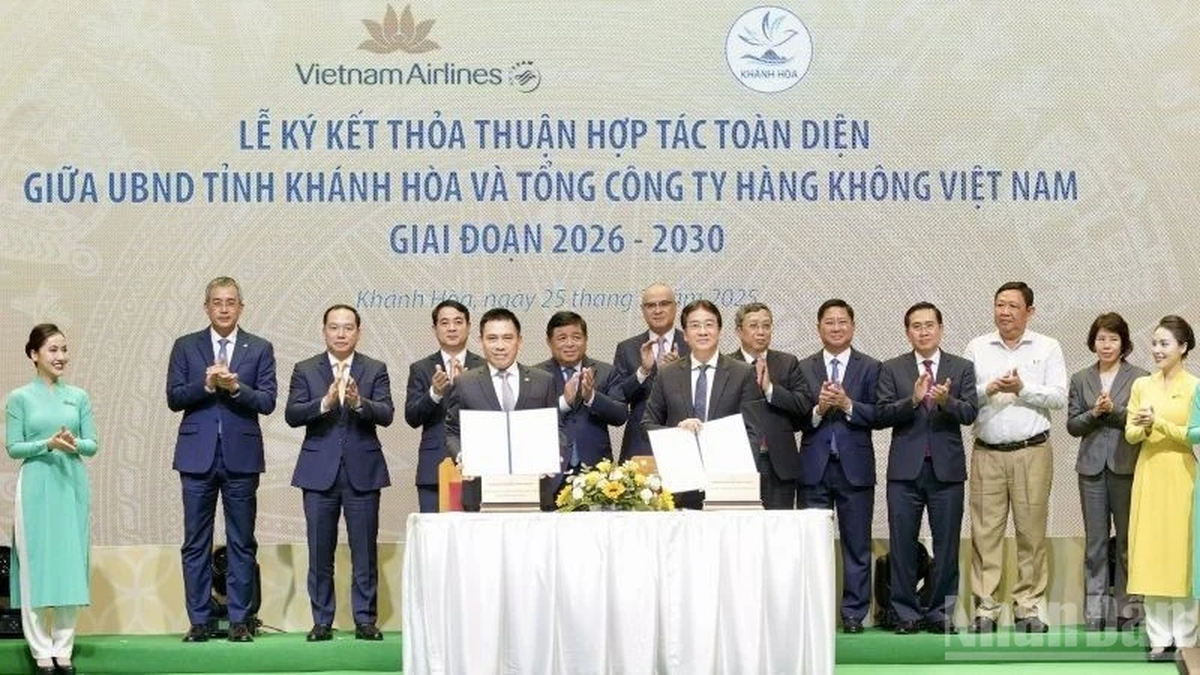
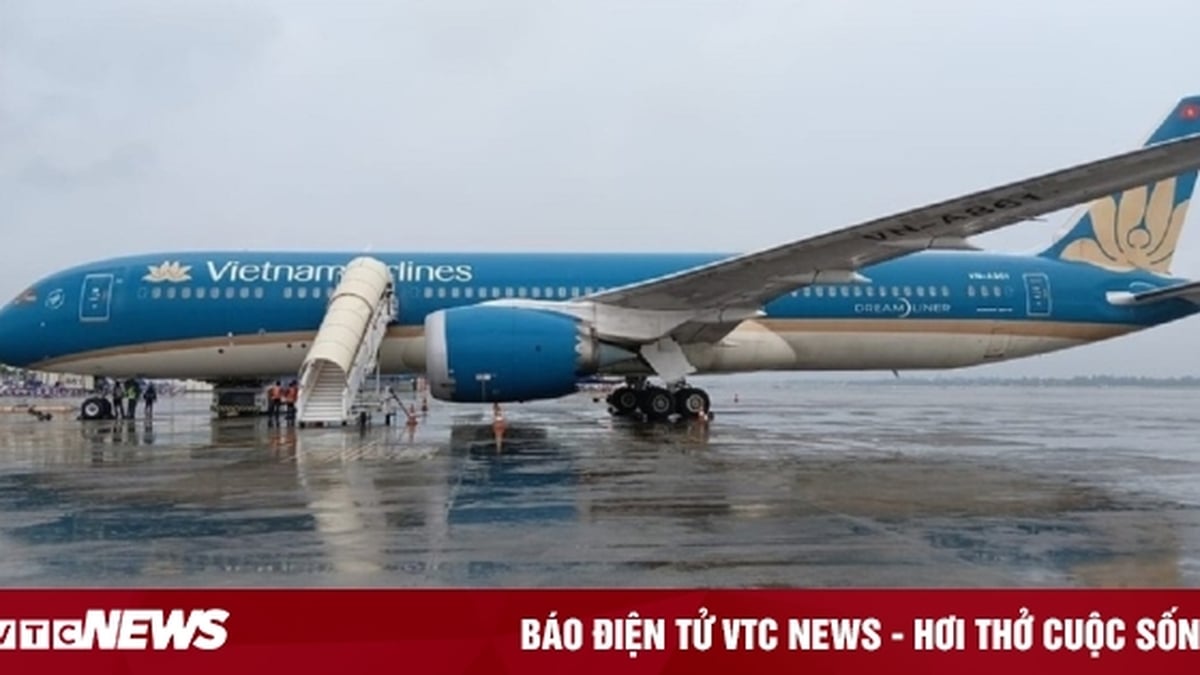

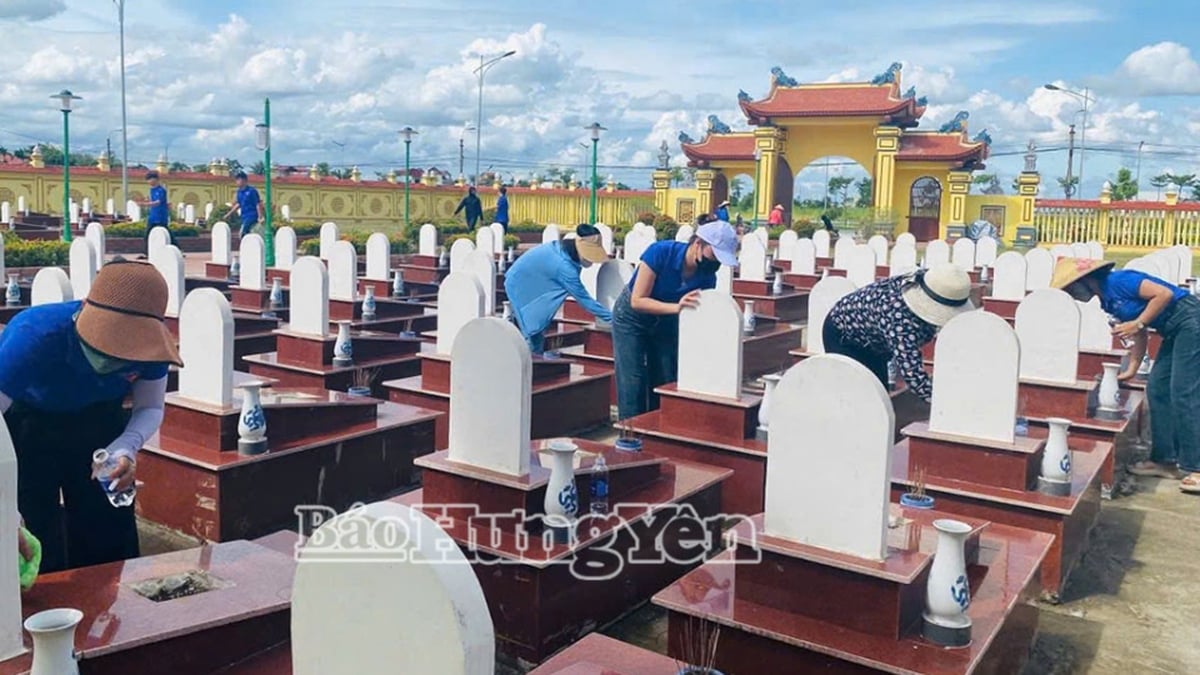
















![[Photo] Signing of cooperation between ministries, branches and localities of Vietnam and Senegal](https://vphoto.vietnam.vn/thumb/1200x675/vietnam/resource/IMAGE/2025/7/24/6147c654b0ae4f2793188e982e272651)











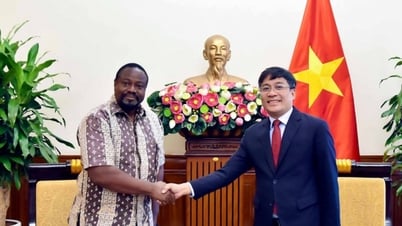
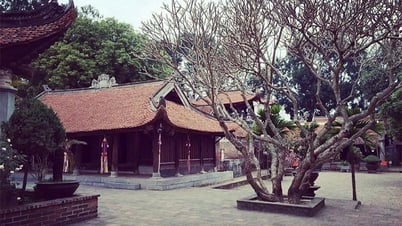








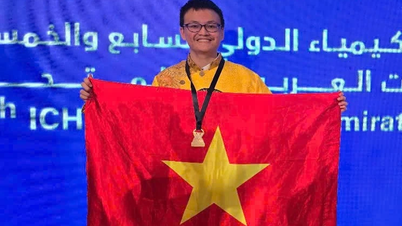

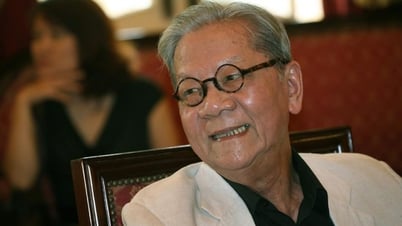









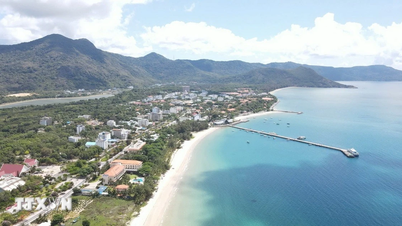






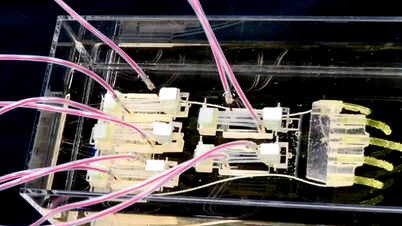
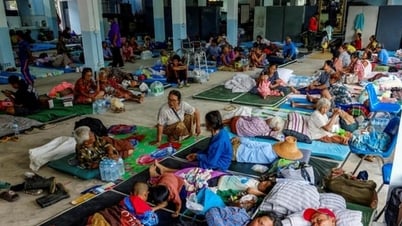




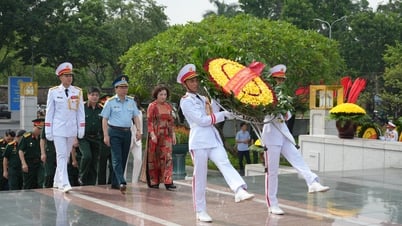

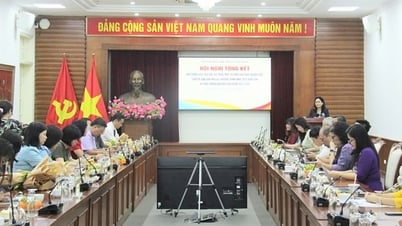

























Comment (0)